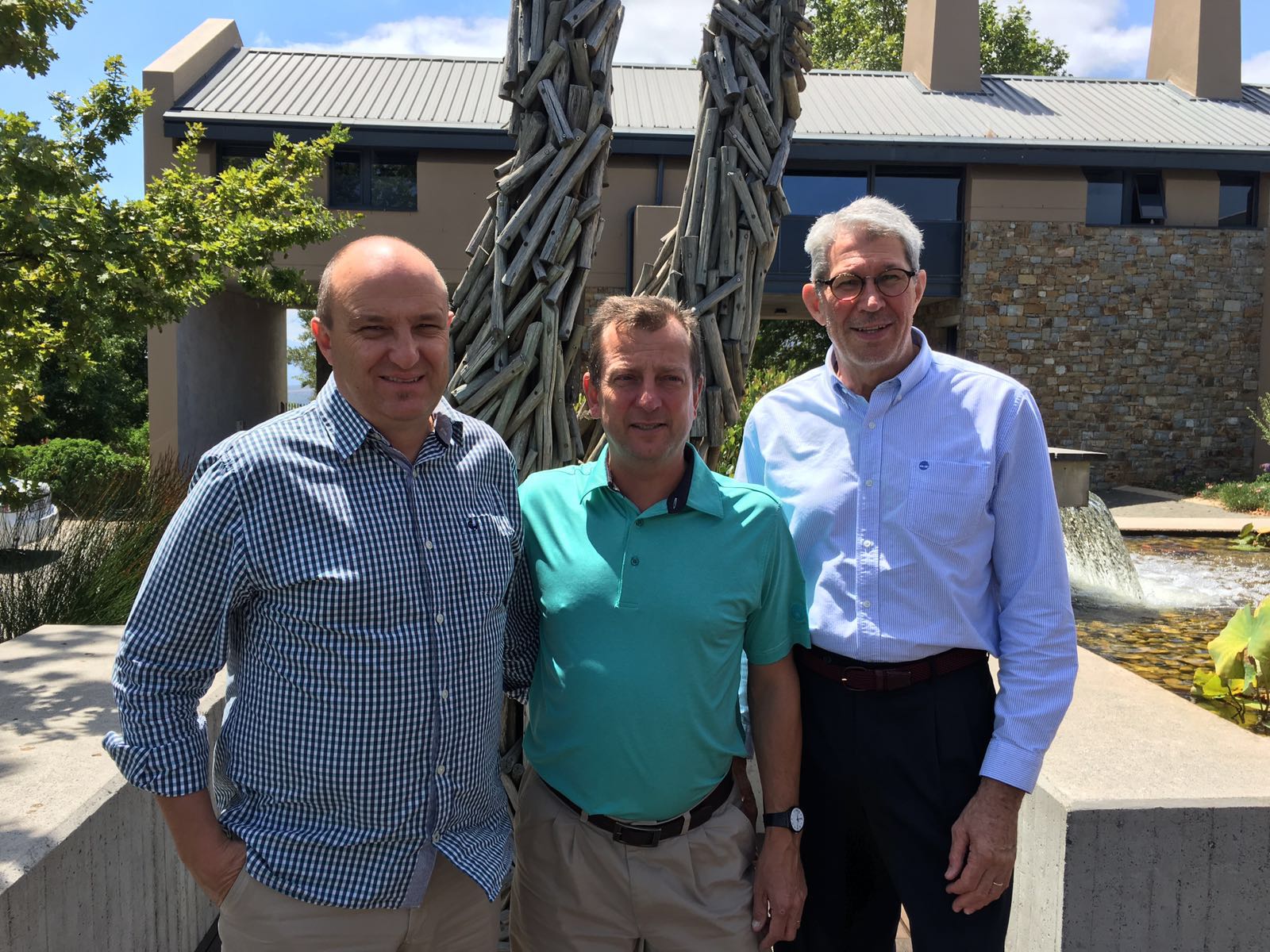The transporting of hazardous materials poses specific risks that make it essential for hauliers and logistics service providers to have management systems in place to identify and control these risks.
Failure to do so can cause harm to people, animals, property and the environment in the event of an accident.
In 1994 the Chemical and Allied Industries’ Association (CAIA) launched the Responsible Care programme in South Africa. Responsible Care® is the global chemical industry’s unique initiative to improve health, safety and environmental performance and to communicate with stakeholders about products and processes.
“The Responsible Care® Safety and Quality Assessment System Southern Africa (SQAS-SA) is designed to evaluate the quality, safety and environmental performance of hauliers and logistics service providers and chemical distributors by means of standardised assessments,” says Deidré Penfold, Executive Director of CAIA.
All CAIA members voluntarily sign the CAIA Responsible Care® public commitment, pledging to conduct all operations, including the transport of hazardous materials, in a safe and environmentally sustainable manner and to incorporate the Responsible Care® ethics and requirements into its business strategy, management system and daily operations.
Safety and Quality Assessment System originated by CEFIC, the European Chemical Industry Council. A number of years ago some local chemical companies together with CAIA set up SQAS-SA, a similar system which was modified by industry to suit local conditions and needs.
Richard Durrant, owner of Transheq, who is an independent consultant to CAIA on transport safety, explains that SQAS-SA is a management system similar to the ISO quality management system.
“SQAS-SA covers many elements of the ISO standards and more. It looks at things like legal compliance, driver employment, driver training, driver wellness, emergency procedures, risk assessments, vehicle maintenance, tyre maintenance, operational controls, security, on-road behaviour of drivers, and the quality of the vehicle itself. The principle behind it is that a company will implement the management system and an independent auditor will conduct an audit of the system every two years to ensure quality and safety for all.”
The SQAS-SA auditing process covers three sectors namely:
· Road transportation
· Warehousing operations
· Tanker washing facilities
“Currently the majority of SQAS-SA auditing is road transport-related, but the number of warehouses storing hazardous materials in South Africa is increasing and local warehouse auditing is beginning to taking off. It must also be stressed that the SQAS-SA audits are not only applicable to hazardous materials but can be applied equally to low hazard operations as well.
“South Africa has two groups of auditors. Sasol, a CAIA member, has its own auditors who ensure the companies that Sasol contracts for their transport requirements comply with SQAS-SA guidelines, and then there are a number of independent auditors,” says Penfold. The independent auditors normally audit the hauliers that are collecting procured products at the various refineries, plants and warehouses.
In August 2017, representatives from CEFIC, in collaboration with CAIA, will conduct the training of more than 20 local auditors, who will then expand their audit territories to the rest of Africa where they will assess the compliance of hauliers’ and logistics service providers’ SQAS-SA management programmes for the transport of hazardous and low hazard materials every two years.
Current SQAS-SA auditors will be trained 14 and 15 August 2017 and all potential auditors will be trained from 16 to 17 August 2017 at CAIA’s offices in Rosebank, Johannesburg. A site visit for all participants will take place on 18 August 2017.
In addition to the Responsible Care® programme, CAIA provides linkages to sustainability in the chemical industries’ value chain through advocacy, training, support of educational drives in maths and science and the advancement of these concepts into sub-Saharan Africa.











